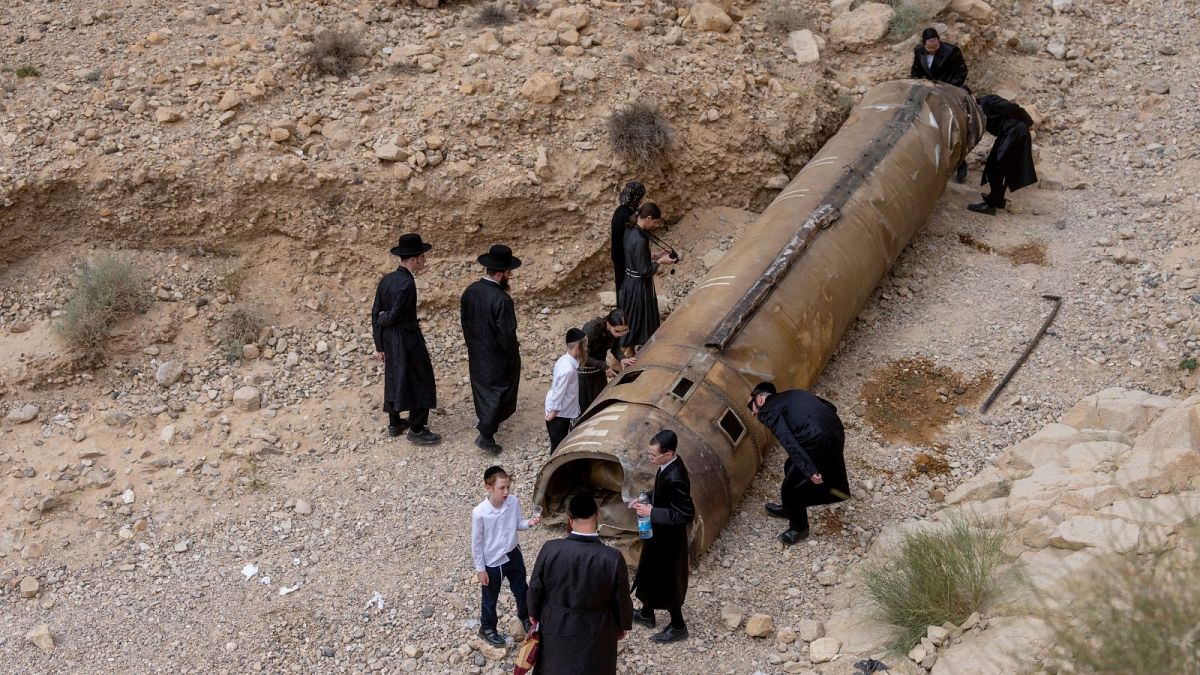In a recent attack by Iran on Israel, it is estimated that Tehran used about a third of its advanced ballistic missiles. Israeli media outlet Kan 11 reported that Iran utilized approximately 180 rockets in the attack, which accounts for one-sixth of Iran’s total number of ballistic missiles. With an estimated arsenal of up to 2,000 missiles, Iran is believed to have around 400 top-tier missiles remaining after the recent strike.
Despite the aggressive nature of Iran’s attack, Israeli authorities have stated that most of the rockets were intercepted or missed their targets, with only a small number causing damage. Israeli Defense Minister Yoav Galant emphasized that Iran’s strikes lacked precision and that Israel’s response would be deadly, accurate, and surprising. In the aftermath of the attack, Israel has not yet retaliated against Iran.
Experts suggest that the missiles used in the recent attack were from Iran’s more advanced stock, following a previous drone strike in April. An Israeli official, speaking anonymously, claimed that Iran had “wasted” a significant portion of its advanced capabilities in the attack and had not achieved its objectives. This suggests that Iran may have depleted a significant portion of its high-grade missiles in its latest operation.
This display of strength by Iran comes amid escalating tensions between the two countries. This latest attack follows previous incidents involving Iran’s aggressive actions towards Israel. It is clear that Iran is willing to use its advanced weaponry in confrontations with its neighbors, despite the risk of depleting its arsenal. Israel, on the other hand, remains prepared to respond to any further aggression from Iran with a deadly and precise counterattack.
As the situation in the region remains tense, it is crucial for both Iran and Israel to exercise caution and avoid further escalation of hostilities. Diplomatic efforts and dialogue may be the key to resolving the issues between the two countries and preventing further armed conflicts. With both nations possessing powerful military capabilities, it is in the interest of both parties to seek peaceful resolutions to their disputes and avoid the catastrophic consequences of a full-scale war.
Overall, the recent attack by Iran on Israel highlights the volatile nature of the region and the potential for further conflict between these two powerful adversaries. As tensions continue to escalate, it is essential for both countries to find a peaceful resolution to their differences and prevent further bloodshed. Only through dialogue and diplomacy can a lasting solution be reached and the cycle of violence broken.











